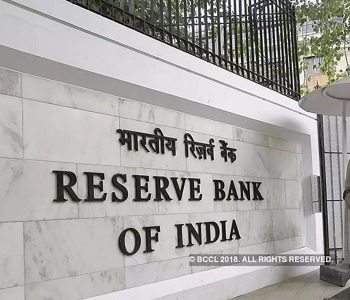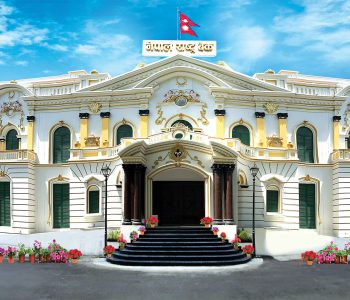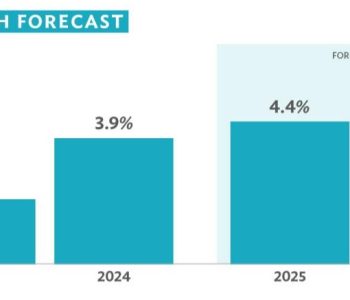Yet another populist budget in offing: health sector, social security under priority

KATHMANDU: Despite resource constraint that the government and the entire country is facing amidst the prevailing coronavirus pandemic, Finance Minister Bishnu Paudel is preparing a populist budget for 2021-22 fiscal year, prioritizing infeasible programmes and projects.
As per the Constitutional mandate, the government is obliged to table the budget in the Parliament on May 29.
As per senior officials at the Ministry of Finance (MoF), Minister Poudel has directed the budget-making team to incorporate numerous new projects and programmes, most of which are populist in nature, in the upcoming budget.
“We are finalizing programmes in the budget as directed by the Minister and proposed by different Ministries,” informed a source at the Ministry.
The Ministry source informed that new projects related to social sector: health, employment, social security and education will remain under top priority in the budget for next year. “New projects related to infrastructure will also be announced in the budget,” as per the source.
It is learned that Finance Minister and his core team is preparing a budget of large size, almost Rs 1.7 trillion, for the next fiscal year, by increasing the recurrent expenditure. Increasing salary of government workers and raising social security allowances are under priority in the budget.
“As the budget seem to increase recurrent expenditure, this will create long term liability to the government as we have limited resources,” said the MoF source.
As per sources, the budget will also introduce some new infrastructure projects (despite domestic resource constraints) based on foreign loan. “The size of the budget will go high as discussions are underway to increase portion of foreign loan and internal borrowing in the budget,” said the MoF source.
At a time when government’s revenue collection projection for the next fiscal year is likely to be hit hard due to the ongoing pandemic, bringing large sized budget by creating huge domestic and foreign liabilities is not justifiable, as per experts.
“The upcoming budget has to be implementable and recurrent spending has to be minimized. National borrowing should not exceed 2% of the country’s gross domestic product (GDP) value,” opined Ram Sharan Mahat, former Finance Minister.
Similarly, Mahat said that allocating huge budget for recurrent spending, including social security and salary of government staffs, is not justifiable at present context. “As the country is suffering resource crunch, doing so by increasing national borrowing will only add financial burden to the future generation,” said Mahat.
Experts have suggested that the upcoming budget should focus on three aspects primarily: boosting health infrastructure and fighting against the spread of the coronavirus, providing relief to pandemic-hit people and businesses and restoration of the economy through sustainable development.
Also, the budget should focus on implementing and executing ongoing projects over bringing in new projects and programmes, opined experts.
On top of that, the care-taker government led by Prime Minister KP Sharma Oli, by no means, can bring a full-fledged budget for the next fiscal year if the government fails to achieve vote of confidence from the Parliament. “Only the new government or this government (after taking vote of confidence from Parliament) can bring the full-fledged budget,” said Mahat.














Facebook Comment